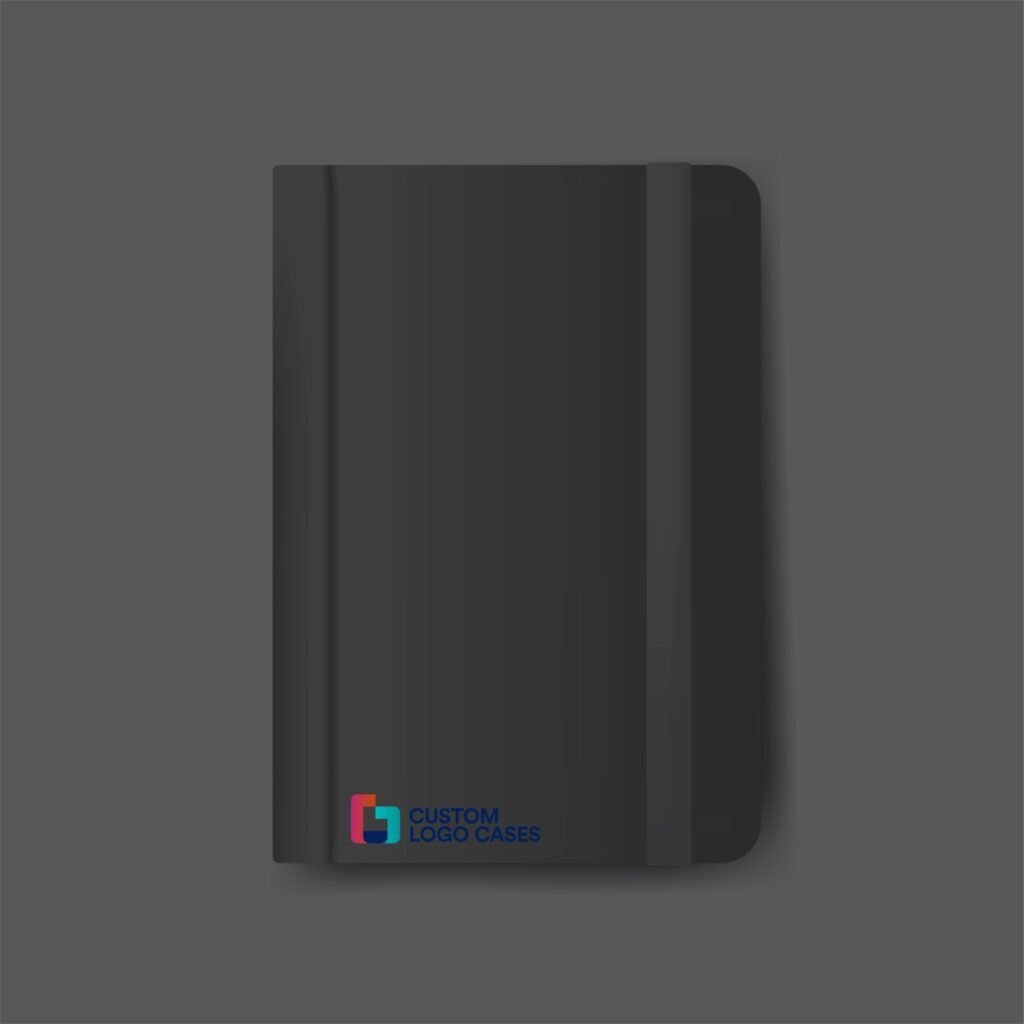
When it comes to choosing the right custom iPad case, the material matters just as much as the design. Whether you’re a business owner looking to create branded merchandise, an e-commerce brand offering personalised accessories, or a consumer who values both protection and aesthetics, understanding the pros and cons of different materials can help you make a smarter choice.
In this guide, we’ll break down the most popular materials used in custom iPad cases—what they offer, where they work best, and how they align with your brand or lifestyle goals.
Why Material Choice Isn’t Just About Looks
It’s easy to focus on surface-level appeal, especially when designing a custom product. But the material of an iPad case directly impacts durability, protection, feel, environmental footprint, and even how well your logo prints or embosses. A luxury brand targeting executives will have very different material needs than a sustainable e-commerce store catering to Gen Z consumers.
Let’s explore the top contenders.
1. Genuine Leather: Timeless and Premium
Best for: High-end brands, corporate gifting, luxury retail
Real leather is synonymous with quality and craftsmanship. Its rich texture and natural patina make every case unique. For business owners, leather iPad cases convey prestige, making them ideal for executive gifts or luxury product lines.
Pros:
- Premium look and feel
- Durable with proper care
- Ages well over time
Cons:
- Higher cost
- Not vegan or eco-friendly
- Requires maintenance to prevent wear
Real-world use: Financial advisors and law firms often use embossed leather cases with their logo for client gifting—creating a practical, branded item that’s perceived as valuable.
2. PU Leather (Vegan Leather): Style Without Compromise
Best for: Fashion-forward e-commerce brands, animal-friendly products
Polyurethane (PU) leather offers a similar look to genuine leather at a fraction of the cost—and without the ethical concerns. It’s lightweight, smooth, and widely customisable, making it a favourite among custom product designers.
Pros:
- Vegan and cruelty-free
- Affordable
- Smooth surface for printing and embossing
Cons:
- Less breathable than genuine leather
- Can wear faster over time
Sustainability note: Some suppliers now offer plant-based or recycled PU alternatives, giving eco-conscious brands a middle ground between aesthetics and responsibility.
3. Silicone: Durable, Grippy, and Great for Everyday Use
Best for: Tech-savvy consumers, educational institutions, active lifestyles
Silicone is soft, flexible, and protective, offering shock absorption that rivals hard cases. It’s also water-resistant and easy to clean, which is why it’s often chosen for schools or outdoor environments.
Pros:
- Excellent grip
- Impact protection
- Easy to clean and maintain
Cons:
- Limited in terms of luxury appeal
- Can attract dust or lint
Real-world use: Educational distributors and tech accessory brands often favour silicone cases for bulk iPad orders, especially in school or healthcare settings where sanitation and durability are priorities.
4. Polycarbonate (Hard Plastic): Clean Lines, Strong Shell
Best for: Minimalist brands, tech companies, trade show giveaways
Polycarbonate offers rigidity and structure, keeping the iPad safe from knocks and bumps. It’s sleek, slim, and ideal for full-surface printing, which makes it a go-to choice for bold branded designs.
Pros:
- Hard shell protection
- Full-colour, high-resolution printing options
- Slim profile
Cons:
- Less flexible—can crack under pressure
- Not ideal for drop-prone environments
Sustainability watch: Some suppliers now offer recycled plastics or biodegradable options—worth considering for brands looking to reduce environmental impact.
5. Felt and Fabric Blends: Soft Touch, Natural Vibe
Best for: Eco-conscious brands, lifestyle e-commerce, creative professionals
Fabric-based cases, especially those made from recycled felt or canvas, provide a softer, more tactile alternative. They appeal to buyers looking for a handcrafted or earthy aesthetic and are often used in artisanal or sustainable product lines.
Pros:
- Soft, natural texture
- Lightweight
- Often made from recycled materials
Cons:
- Less protection from impacts
- Not as water-resistant
Real-world use: Small e-commerce brands on platforms like Etsy often opt for felt iPad sleeves with screen-printed or stitched logos, blending brand identity with sustainable values.
Choosing the Right Material for Your Brand or Business
If you’re in the business of creating or selling custom iPad cases, your material choice should reflect more than just aesthetics—it should reinforce your brand values, appeal to your target audience, and suit the use-case.
- Luxury feel? Go with genuine leather or premium PU.
- Eco-conscious audience? Felt or recycled PU options are strong contenders.
- Tech-centric or educational environments? Silicone offers functionality and safety.
- Bold branding? Polycarbonate gives you a clean, printable canvas.
Ask yourself: What matters most to my customer—luxury, sustainability, affordability, protection? Then let that guide your material decisions.
Final Thoughts: Materials Make the Message
The material you choose for your custom iPad case doesn’t just protect a device—it speaks volumes about your brand, your values, and the customer experience you want to deliver. Whether you’re launching a new product line, curating client gifts, or building a custom merchandise store, selecting the right material sets the tone.
Take the time to align your material with your message, and you’ll create something that’s not just functional—but memorable.
Looking for high-quality, custom iPad cases made with the right materials for your audience?
At Custom Logo Cases, we help businesses, schools, and e-commerce brands create branded tech accessories that truly stand out. Reach out today to explore your options.





